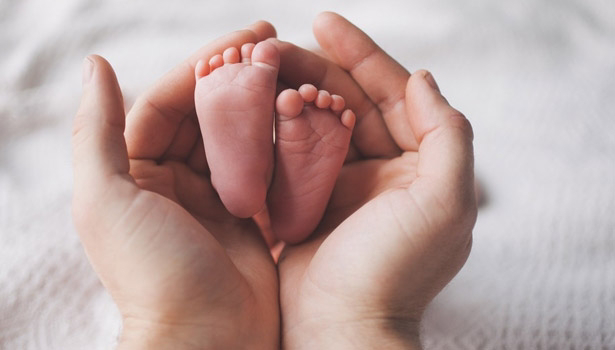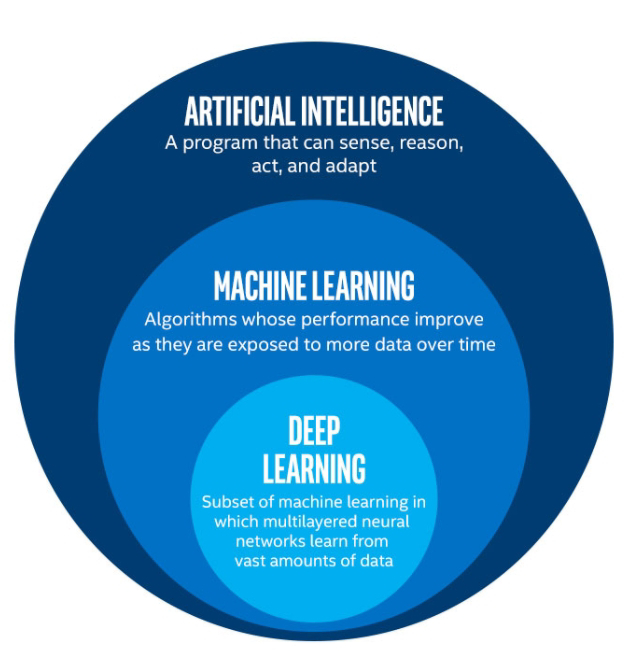The registration of birth and death act.
Government tables the Births and Deaths (Amendment) Bill, 2023 in Lok Sabha |
The government on 26th July, 2023 tabled the Registration of Births and Deaths (Amendment) Bill, 2023 in the Lok Sabha. The new bill mandates Aadhaar number use for birth certification. The purpose of this Bill is to amend the Registration of Births and Deaths Act, 1969, to keep pace with societal changes and technological advancements. The Registration of Births and Deaths Act, 1969 provides for the regulation and registration of births and deaths. The registration of births and deaths falls under the Concurrent List, giving powers to both Parliament and state legislatures to make laws on the subject. As of 2019, the national level of registration of births was 93% and death registration was at 92%. The Law Commission (2018) recommended the inclusion of marriage registration in the Registration of Births and Deaths Act, 1969. The proposed legislation would require the Aadhaar numbers of both parents and any informants during birth registration, provided they are available. One of the key aims of the bill is to establish national and state-level databases for registered births and deaths. This initiative is anticipated to enhance the update processes for other databases, fostering efficient and transparent public services and social benefits delivery. The new legislation would position the birth certificate as the definitive proof of a person's date and place of birth. This development affects individuals born on or after the commencement of the Registration of Births and Deaths (Amendment) Act, 2023. In a new mandate, all medical institutions would be required to provide cause of death certificates to the Registrar, with a copy being given to the closest relative. The proposed amendments aim to make the registration process more citizen-friendly and efficient. Here are some of the key provisions of the Bill: Construction of References: The term “Registrar-General” in the Registration of Births and Deaths Act, 1969, will be substituted with “Registrar General of India” wherever it occurs. Definitions: The Bill introduces new definitions for “Aadhaar number” and “adoption” in section 2 of the principal Act. Database: The Registrar General of India will maintain a database of registered births and deaths at the national level. Chief Registrars and Registrars will be obligated to share the data with this central database. Data Sharing: With prior approval of the Central Government, the registered births and deaths data can be shared with various authorities for purposes like population register, electoral rolls, Aadhaar number, ration card, passport, driving license, property registration, and others. Unified Database: The Chief Registrar will maintain a unified database of registered births and deaths at the state level using an approved portal. Birth and Death Registration: The Bill amends sections related to the registration of births and deaths, specifying the required information, including the Aadhaar number of parents and informants, where applicable. Certificates of Birth and Death: The Bill mandates the provision of a certificate of the cause of death, free of charge, by medical institutions. Certificates of birth and death will be given under the signature of the Registrar and can be issued electronically. Delayed Registration: The Bill outlines procedures for delayed registration of births and deaths with written permission from the District Registrar or other authorized authorities. Appeals: The Bill introduces provisions for appeals against actions or orders of the Registrar, District Registrar, or Chief Registrar. Penalties: The Bill enhances penalties for contraventions of the Act and introduces penalties for specific offenses. Delegated Legislation: The State Governments will be empowered to make rules related to specific matters, such as the form of certificates, permission for registration, filing appeals, etc. Use of birth certificate The Bill requires the birth certificate of persons for certain purposes. This provision will be applicable to persons born after this Bill comes into effect. Certain purposes include: (i) admission to an educational institution, (ii) preparation of voter lists, (iii) appointment to a government post, (iv) registration of marriage, and (v) any other purpose determined by the central government. Some of these purposes are constitutional rights that citizens have, and making them conditional on a birth certificate may violate those rights. It’s important to note that this is a draft Bill introduced in the Lok Sabha, and it is subject to debate, discussion, and amendments before it becomes law. |






Comments
Post a Comment